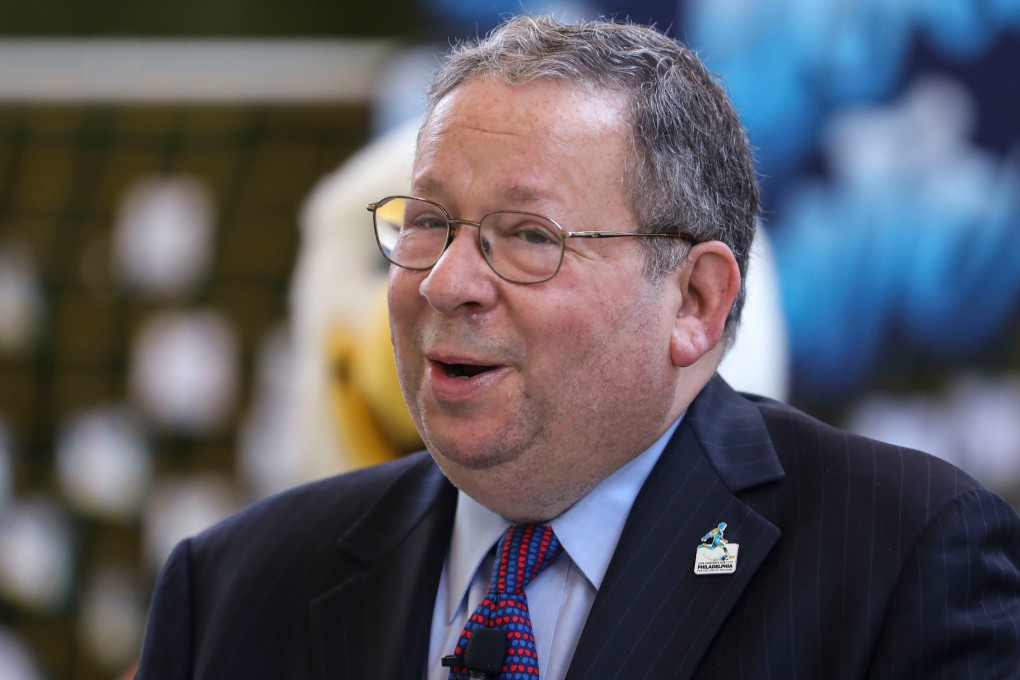US waiting for Canada’s updated China policy, says Biden pick for ambassador to Ottawa
- Former Comcast executive David Cohen told a Senate hearing it is important to collaborate in taking on the ‘existential threat’ that is China
- Relations between Ottawa and Beijing deteriorated after the arrest of Huawei’s Meng Wanzhou and China’s arrests of Michael Spavor and Michael Kovrig

This story is published in a content partnership with POLITICO. It was originally reported by Andy Blatchford on politico.com on September 23, 2021.
David Cohen’s remarks on Wednesday to a Senate hearing came amid fresh questions about the depth of the Trudeau government’s engagement with the US president on China-related issues.
“We are all waiting for Canada to release its framework for its overall China policy,” Cohen told a meeting on his nomination before the Senate Foreign Relations Committee. “As ambassador, if I'm confirmed, it's an appropriate role to be engaged in discussions and make sure that Canada's policies reflect its words in terms of the treatment of China.”
Cohen added that it is key for the US and Canada to improve their collaboration and coordination in taking on the “existential threat that is China”.
During the hearing, the former telecoms executive and Democratic fundraiser also offered a glimpse at his thinking on a number of other key US-Canada issues. They included Ottawa’s defence spending, bilateral coordination on international sanctions and damage to the relationship inflicted by the Trump administration.